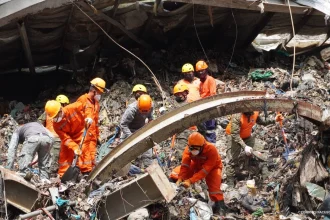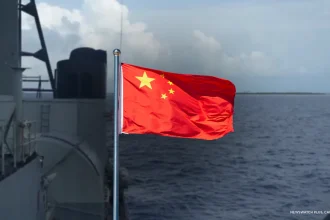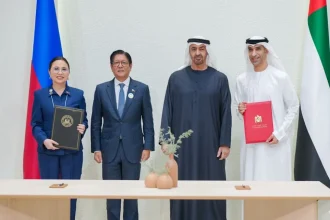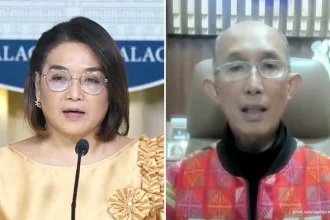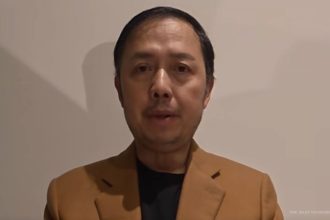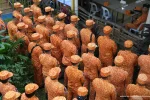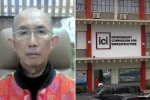
To sum up
+ Call for democratic unity: Taiwan President Lai Ching-te urges democracies to unite against China’s military threats and intimidation.
+ Strengthening defense and economy: Lai proposes “Four-Pillars for Peace,” focusing on national defense and sustainable economic security.
+ Commitment to Peace: Taiwan pledges to maintain peace in the Taiwan Strait through cooperation and dialogue with global partners.
Taipei, Taiwan— Taiwan President Lai Ching-te has urged democratic countries to unite to address China’s military expansion and intimidation to neighboring countries.
“I want to emphasize that a threat by China to any country is a threat to the whole world,” said Lai in a speech at the Inter-Parliamentary Alliance on China (IPAC) Summit in Taipei on Tuesday, July 30.
Taiwan vowed that it will continue to uphold the “democratic umbrella” to protect democratic partners from the threats.
“Standing side-by-side with other democratic countries to demonstrate the strength of deterrence, prevent war by preparing for war, and achieve our goal of peace through strength.” Lai added. Forty-nine foreign lawmakers attended the summit, the largest gathering of lawmakers in Taipei in recent years.
Lai noted Beijing’s activities in the East and South China Sea.
“China’s outward expansion of authoritarianism is evident through its military intimidation of neighboring countries, and through tactics including diplomatic suppression, economic coercion, cyberattacks, and the spreading of disinformation. Their continuously escalating gray-zone aggression undermines regional peace and stability,” he said.
Lai also laid down his “Four-Pillars for Peace” which would involve the strengthening of Taipei’s national defense force.
“We will continue to enhance our self-defense capabilities, facilitate external military procurement, create mechanisms through which we can adopt emerging technologies, and build up our civil defense system,” said Lai.
The Taiwanese president also highlighted the need for economic security.
Taipei vowed that it will continue to build “democracy chips” to create a sustainable supply chain with countries with similar ideas to promote global prosperity.
“Taiwan needs the world, just as the world needs Taiwan. Advancing democracy, peace, and prosperity is our common goal. ,” said Lai.
The self-governing island also acknowledged the growing concern over the Taiwan Strait. Lai said that Taiwan will work with partners to maintain peace and stability in the region and maintain the status quo.
“We know that many of our friends around the world have a keen interest in cross-strait relations. As a responsible member of the international community, Taiwan will do its utmost to maintain regional peace and stability,” said Lai.
China: Taiwan question is 100% China’s internal affairs
The Chinese Foreign Ministry maintained that the Taiwan issue is “one hundred percent” an internal affair and no foreign forces have the right to interfere with the matter.
“To truly uphold cross-Strait peace, one must firmly reject all ‘Taiwan independence’ moves,” said Chinese Foreign Ministry spokesperson Lin Jian in a press briefing on Monday.
“The biggest threat to cross-Strait peace at present is the separatist activities of ‘Taiwan independence’ forces and the external connivance and support they receive,” he added.
The Philippine government has repeatedly maintained its commitment to the One-China policy. Under this principle, the Philippines recognizes the People’s Republic of China as the sole Chinese government.
“The Department of Foreign Affairs reaffirms the principles contained in the Joint Communique of the Government of the Republic of the Philippines and the Government of the People’s Republic of China signed by President Ferdinand E. Marcos and Premier Zhou Enlai on 9 June 1975,” the Department of Foreign Affairs said in January shortly after the Taiwan elections.
“We will neither yield nor provoke, and we will maintain the status quo. And we are willing, under the principles of parity and dignity, choosing dialogue over confrontation and exchange over containment, to engage in cooperation with China,” he added.






